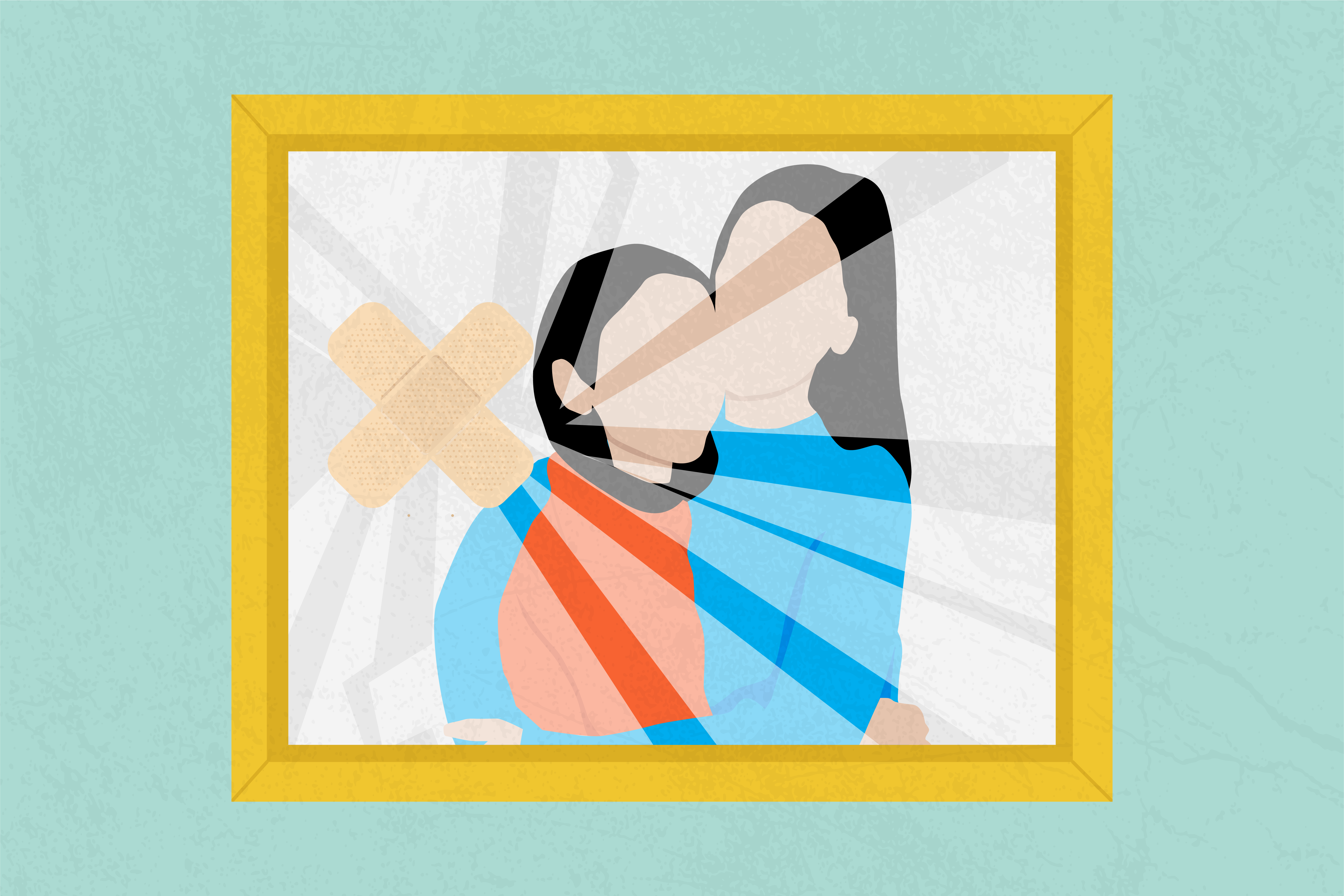
My son and his girlfriend had a baby when they were 16 years old. His girlfriend’s family disowned her and kicked her out. I was angry at my son, but would never abandon him at his time of need and took in his girlfriend to live with us during her pregnancy and the first few years of their child’s life. Now, nine years later, my son and his then-girlfriend are married, raising their child in a house of their own. My daughter-in-law’s mother recently reached out to me for the first time to apologize for how she acted and she asked for my help making amends with her daughter. How should I respond to her?
Dear Boundaries,
First, I want to commend your compassionate response to your son and his girlfriend in a very stressful time of life. It sounds like you have played a critical role in giving them the support they needed to start their family at such a young age. I hope they are incredibly grateful and give you some credit for finding their footing nine years later.
This has likely set up a dynamic where you became a surrogate mother figure for your daughter-in-law when she needed her own mother most. I imagine you feel very close to each other, and this resurfacing of her mother feels unsettling. It would make sense that you have developed a maternal relationship with your daughter-in-law, including wanting to protect her.
Direct Communication Is Best
She is a young adult, however, who now has the opportunity to figure out an adult relationship with her mother. After being a mother herself for nine years, I'm sure she has her own complicated feelings to work out. Despite the hugely important role you have served, this process of possibly reconnecting needs to stay between mother and daughter.
It's understandable that this remorseful mother reached out to you as a starting point, but it's best for all involved if you can stay out of the middle. Start by encouraging the mother to contact her daughter herself, rather than through you. If she does not have her daughter's contact information, you can offer to pass on her contact information to her daughter. That way it's up to your daughter-in-law to contact her mother.
If the mother is hesitant to give you this contact information or does not want to contact her daughter without you mediating, you need to let your daughter-in-law know that her mother reached out, and what you said to her. This keeps you from being a secret holder that will most likely cause pain and feelings of betrayal sooner or later.
With this information, your daughter-in-law can begin to contemplate what she wants, and how she might want your assistance (or not). I would still advise, however, that you keep your assistance limited to helping them start to communicate when your daughter-in-law is ready, but not becoming an intermediary, passing messages back and forth.
Manage Your Reaction
It would only be human of you to have your own feelings about this mother coming back into your family's life after so much hurt and abandonment. You are totally allowed to have complicated feelings about this! The more you can avoid expressing this to your son and daughter-in-law, however, the better. Confide in your partner, friends, or other sources of support, but you need to stay a stable force for the possible emotional upheaval your daughter-in-law may experience.
Remember, It\’s Complicated
In my therapy practice, it's easy for me to keep in mind that people are going through invisible struggles all the time. Although it appears a mother abandoned her teenage daughter in her time of need, there is likely more to the story. To help yourself stay neutral and compassionate, remind yourself that this woman has probably experienced her own significant pain and suffering, and you do not know all the details. This woman has an enormous challenge ahead of her to repair her relationship with her daughter.
Keep Boundaries
I want to make sure and include a word of caution against what might be tempting—to band together with your son and daughter-in-law to complain about and criticize her mother. This may feel like supporting them in the moment, but it will also undermine the future of their relationships. Keeping clear boundaries in this situation is a key ingredient for a compassionate response.
The greatest support you can truly give them as a family is to step back and allow them to figure it out without you. This includes not acting as a broker for their continued communication, and keeping your emotions and opinions out of the mix. As challenging as all of this is in reality, it is also the most caring way to remain that stalwart of support your daughter-in-law, son, and grandchild depend on you to be.
Submit your parenting questions here, and they may be answered in future 'Ask Your Mom' columns.
Emily Edlynn, Ph.D., is the author of The Art and Science of Mom parenting blog and a mother of three from Oak Park, Illinois. She is a clinical psychologist in private practice who specializes in working with children and adolescents.
Read more 'Ask Your Mom' columns:

